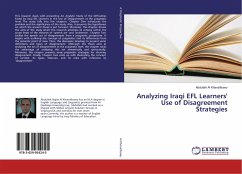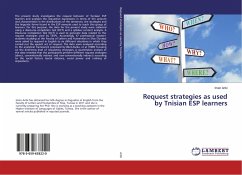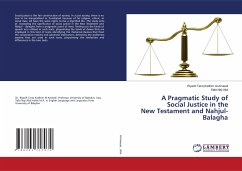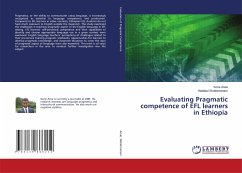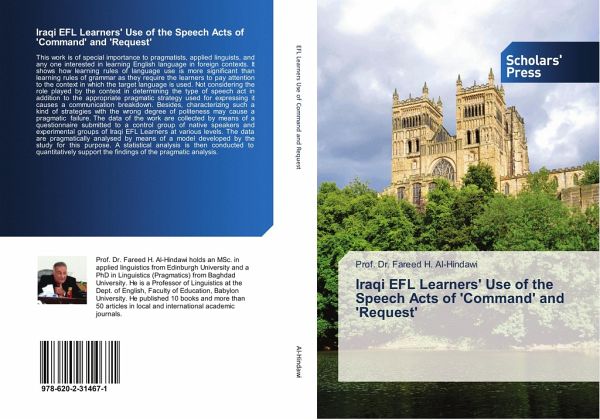
Iraqi EFL Learners' Use of the Speech Acts of 'Command' and 'Request'
Versandkostenfrei!
Versandfertig in 6-10 Tagen
66,99 €
inkl. MwSt.

PAYBACK Punkte
33 °P sammeln!
This work is of special importance to pragmatists, applied linguists, and any one interested in learning English language in foreign contexts. It shows how learning rules of language use is more significant than learning rules of grammar as they require the learners to pay attention to the context in which the target language is used. Not considering the role played by the context in determining the type of speech act in addition to the appropriate pragmatic strategy used for expressing it causes a communication breakdown. Besides, characterizing such a kind of strategies with the wrong degree...
This work is of special importance to pragmatists, applied linguists, and any one interested in learning English language in foreign contexts. It shows how learning rules of language use is more significant than learning rules of grammar as they require the learners to pay attention to the context in which the target language is used. Not considering the role played by the context in determining the type of speech act in addition to the appropriate pragmatic strategy used for expressing it causes a communication breakdown. Besides, characterizing such a kind of strategies with the wrong degree of politeness may cause a pragmatic failure. The data of the work are collected by means of a questionnaire submitted to a control group of native speakers and experimental groups of Iraqi EFL Learners at various levels. The data are pragmatically analysed by means of a model developed by the study for this purpose. A statistical analysis is then conducted to quantitatively support the findings of the pragmatic analysis.




